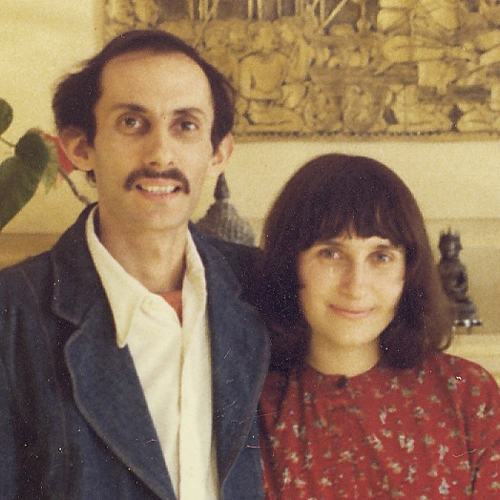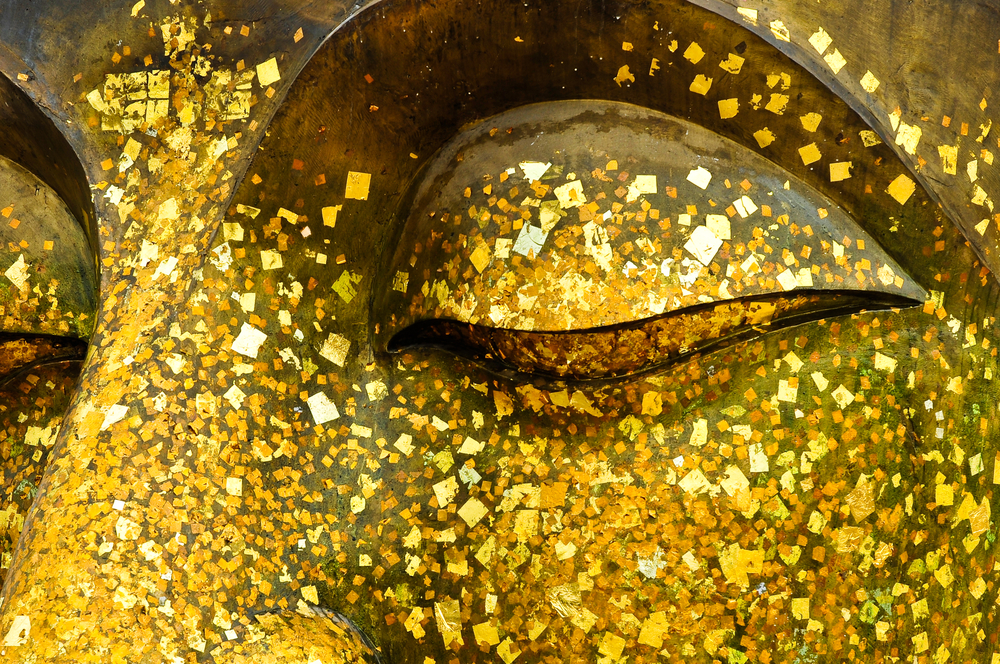In popular Western culture we are taught that the way to achieve happiness is to change our external environment to fit our wishes. But this strategy doesn’t work. In every life, pleasure and pain, gain and loss, praise and blame keep showing up, no matter how hard we struggle to have only pleasure, gain, and praise. Buddhist psychology offers a different approach to happiness, teaching that states of consciousness are far more crucial than outer circumstances.
More than anything else, the way we experience life is created by the particular states of mind with which we meet it. If you are watching a high school soccer playoff and your daughter is the nervous goalie, your consciousness will be filled with worry, sympathy, and excitement at each turn of the game. If you are a hired driver waiting to pick up someone’s kid, you will see the same sights, the players and ball, in a bored, disinterested way. If you are the referee, you will perceive the sights and sounds in yet another mode. Pure awareness becomes colored by our thoughts, emotions, and expectations.
With every sense impression and the consciousness that receives it, there arise qualities of mind such as worry, pride, and excitement. They arise between the senses and consciousness, and add their color to experience. These mental qualities and what they bring to each experience are critical for our happiness.
To work with our mental states, we have to acknowledge how rapidly these states can change, often disappearing without our noticing. Because we are not aware of our inner states, we feel controlled by outside influences. The world will alternately please us or be at fault, and we will be caught in habitual grasping or frustration.
Training in mindfulness, we learn to be aware of our own mental states without being caught in them. This capacity for self-reflection is the key to Buddhist psychology. When we look at our own mind, we can notice the mental states that predominate, as if we were noticing the weather. Just as a storm can bring rain, wind, and cold, we can observe the clusters of unhealthy states that appear on our bad days. We may find resentment, fear, anger, worry, doubt, envy, or agitation. We can notice how often they arise and how attached we are to their point of view. We can also notice the healthy states in our most free and openhearted periods. We can notice how love, generosity, flexibility, ease, and simplicity are natural to us. These states are important to notice. They give us trust in our original goodness, our own Buddha nature.
“To become your own psychologist,” says Lama Yeshe, “you don’t have to learn some big philosophy. All you have to do is examine your own mind every day. You already examine material things every day—every morning you check out the food in your refrigerator. Why not check out the state of your own mind? Investigating your own mind is much more important!”
When you bring the kind attention mindfulness to your inner states it will open up new possibilities. Seeing clearly the varied states of mind you will then have a choice. With practice, you can acknowledge the difficult states with compassion and then incline your mind toward positive qualities like loving-kindness and peace. In the midst of any circumstance you can invite courage and goodwill toward yourself and the world around you to return.
To learn more, visit Practice: Recognizing Our Mental States





